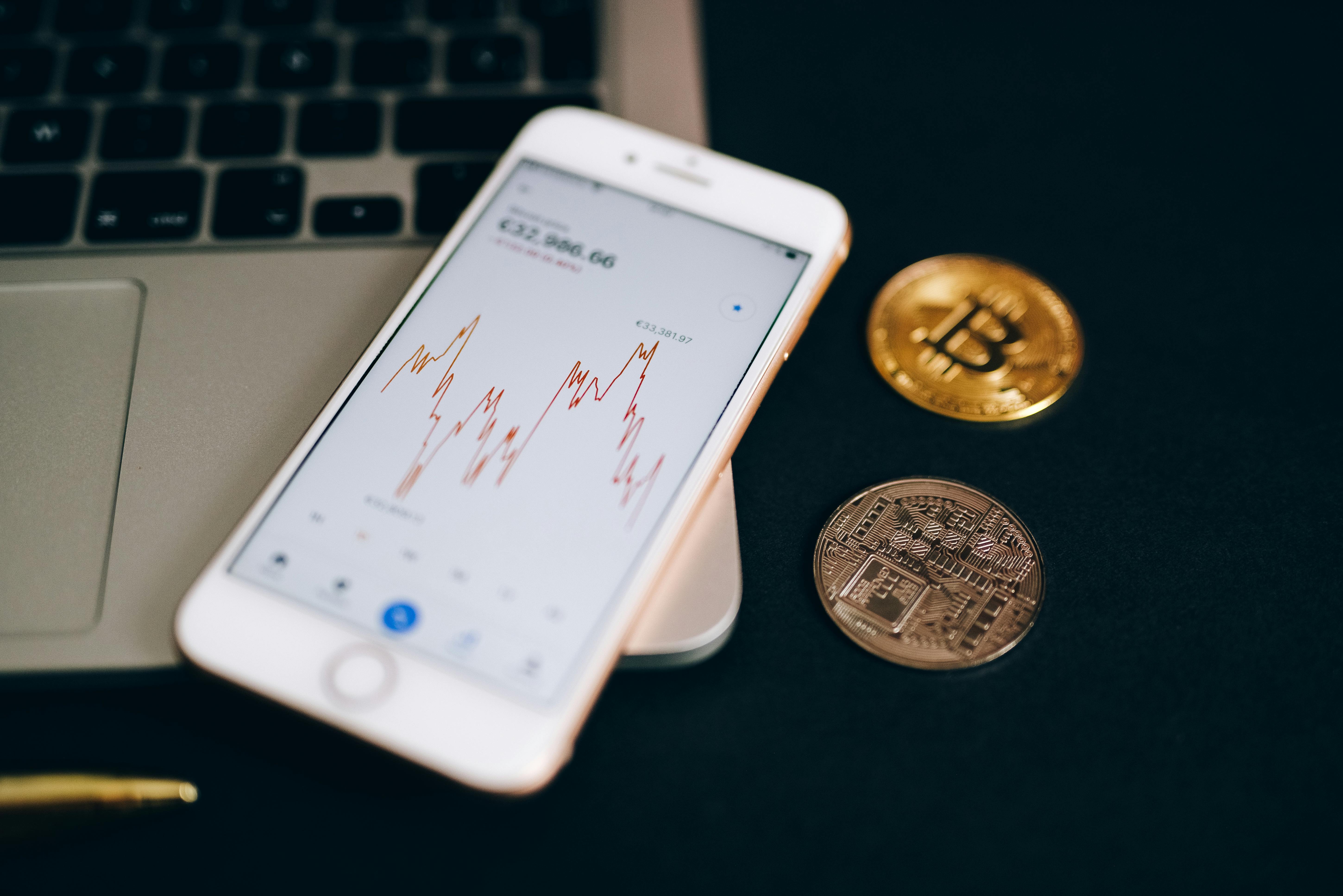The decentralized exchanges (DEX) such as Uniswap, PancakeSwap, and SushiSwap, allow individual holders to trade with each other without having to rely on intermediaries. DEXs are operated by means of smart contracts built on the blockchain and are touted as an alternative approach to the centralized exchange.
Buying and selling into automated market makers (AMM) or order books to transact with the DEX. You can swap tokens without moving them into a centralized place because everything is done directly from your wallet. DEXs tend to work with any token, especially newly established tokens or those absent on a centralized market.
These feature centralized exclusive access, hence more convenient for all participants within DEXs. Generally, they are pegged at making transactions with more security and better control. Since users hang on to their funds, this lowers hacking and mismanagement risks associated with centralized platforms. Most DEXs, if not all, do not require users to create accounts or be identified for them to transact with the DEX. Moreover, they are permissionless, allowing participation by all who have internet access.
These have merits reportedly, but there are demerits of the DEXs. Lowering liquidity levels as compared with that of CEXs leads to greater price slippage, especially in trade with goods of high value. Transaction fees become expensive, especially in these competitive times when the Ethereum Network is reportedly too busy. It is also not user-friendly to beginners who might have a hard time understanding DEX interfaces and liquidity pools.
Thus, Anyone with a power that DEXs provide controls and uses transparency declared power. That's why it has become a major partner in the crypto ecosystem.
Thanks

~ Nesaty